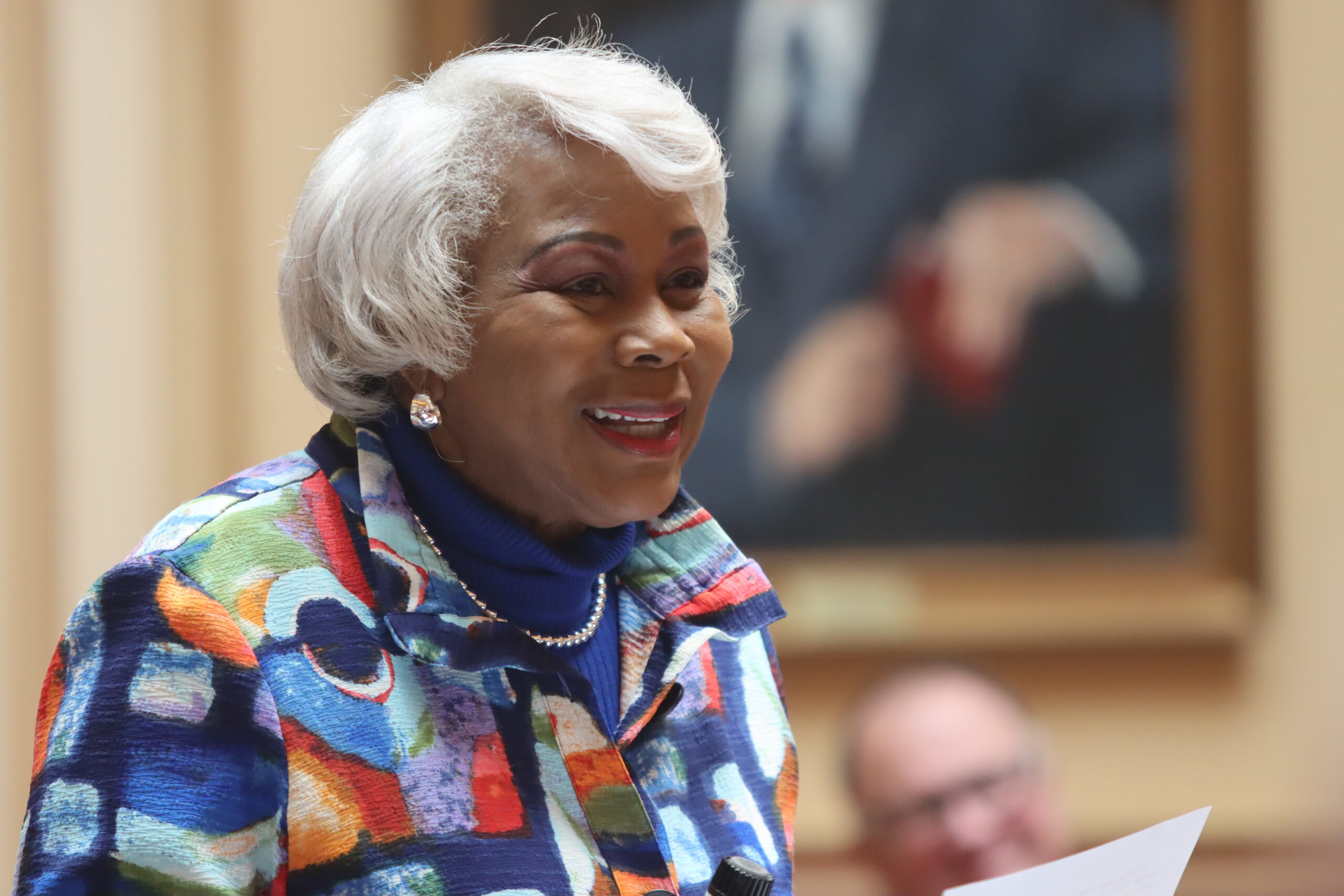Virginia lawmakers have reached a significant milestone by approving a bipartisan state budget after months of deliberation and negotiation. The budget, which received wide support from both the House of Delegates and the state Senate, emphasizes funding boosts for education and mental health, along with salary increases for teachers and state employees.

The newly approved two-year budget plan, endorsed by a resounding vote of 94-6 in the House of Delegates and 39-1 in the state Senate, reflects a collaborative effort among legislators despite partisan differences. House Appropriations Committee Chairman Luke Torian hailed the budget as a product of cooperation, stating it meets the needs of the commonwealth.
Key highlights of the budget include:
1. Education Funding: While the elimination of the proposed digital sales tax results in a loss of $169 million in education direct aid spending, the budget allocates over $370 million for the At-Risk Add-On to support economically disadvantaged students. Additionally, there is a more than $70 million increase in support for English learner students. State funding is earmarked for 3% salary increases for teachers, school staff, and state employees over the two-year period.
2. Mental Health Resources: Significantly, the budget prioritizes improving the state’s behavioral health system by allocating additional resources to aid Virginians facing mental health crises. This investment reflects a commitment to addressing critical societal needs.
3. Tax Policy: Despite initial proposals for tax cuts and expansions, the budget ultimately maintains the status quo with no major tax changes. The decision signifies a balance between differing priorities within the legislature.
While the budget received widespread support, some elements faced criticism. The removal of language aiming to reenter the Regional Greenhouse Gas Initiative (RGGI) drew mixed reactions, with environmental groups expressing disappointment. Additionally, concerns were raised regarding a provision affecting the Virginia Military Survivors and Dependents Education Program (VMSDEP), highlighting the complexities of legislative negotiations.
Governor Glenn Youngkin’s approval of the budget marks the resolution of a prolonged standoff and ensures continued government operations without the threat of a shutdown. The bipartisan nature of the budget’s passage underscores the significance of collaboration in addressing the commonwealth’s challenges.
In conclusion, Virginia’s approved budget reflects a balanced approach to governance, prioritizing key areas such as education and mental health while navigating complex fiscal and policy considerations. As the state moves forward, the budget sets a foundation for addressing critical needs and advancing the well-being of Virginians.